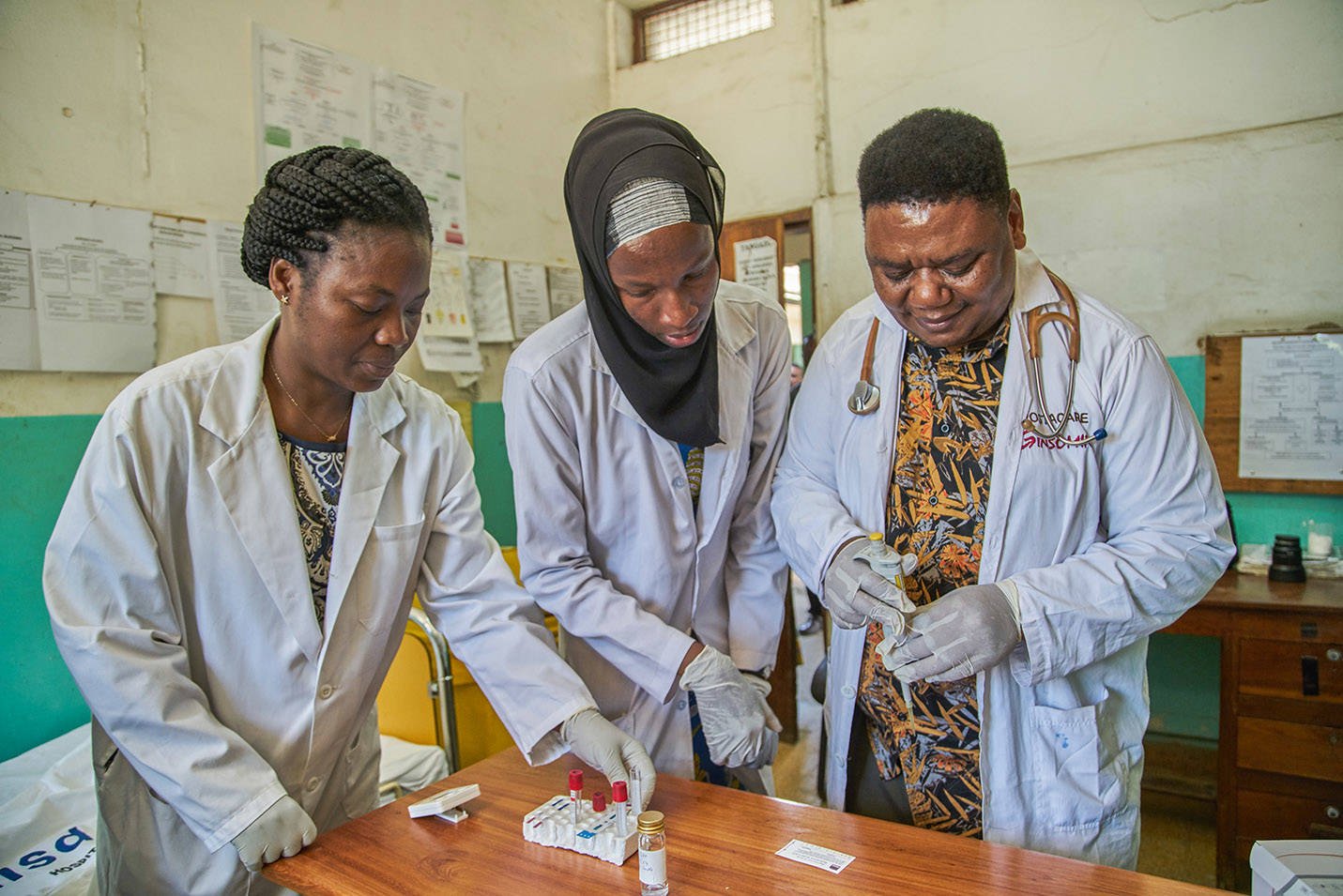
Tackling disparities in global research capacity: can we level out the playing field in sub-Saharan Africa?
Shingai Machingaidze

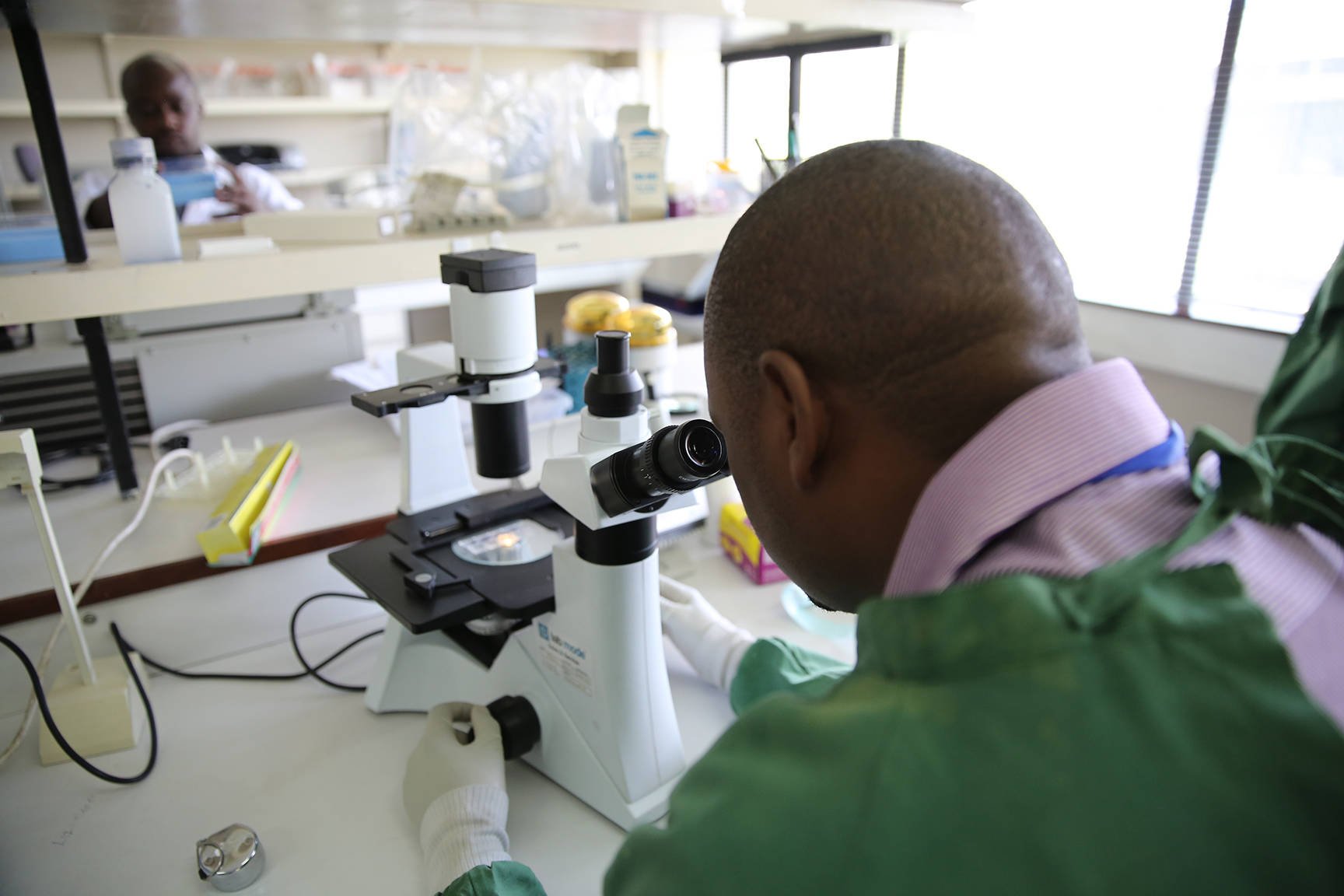
EDCTP’s investment in the development of clinical research capacity - both in human capital and in infrastructure - and its promotion of strong involvement of African scientists and institutions have resulted in increased African ownership and leadership in research on the continent. This is demonstrated by the growing number of EDCTP Fellows and project coordinators taking up senior scientific leadership positions both in Africa and globally. Likewise, it shows in the increased number of institutions across sub-Saharan Africa that have established or improved facilities now capable of conducting clinical research of international standard.
However, analysis of successful funding applications has revealed geographical disparities in their success rate. Despite some well-known centres of excellence and individual researchers that are very successful in securing research grants, the least number of applications both received and funded by EDCTP are from West and Central Africa. Countries in these regions face multiple challenges including limited human capacity, sparse research infrastructure, and limited funding for health research in national budgets. While Eastern and Southern African countries generally have higher success rates, there are also countries in these regions with minimal or no participation, including but not limited to Burundi, Somalia, Angola, eSwatini, Lesotho, Malawi, Namibia and Mauritius. These disparities are particularly visible in the EDCTP fellowship schemes that facilitate the career growth and development of Africa-based scientists.
Since its launch in 2014, the second EDCTP programme (EDCTP2; 2014-2024) has awarded more than €750 million in grants These support studies on vaccines, drugs and diagnostics for tuberculosis, HIV/AIDS, malaria, diarrhoeal diseases, lower respiratory tract infections, and emerging and re-emerging infections. Effective capacity development for sub-Saharan Africa requires a long-term perspective, an integrated system-wide approach, and strong partnerships and research collaboration with affected countries to ensure sustainability.
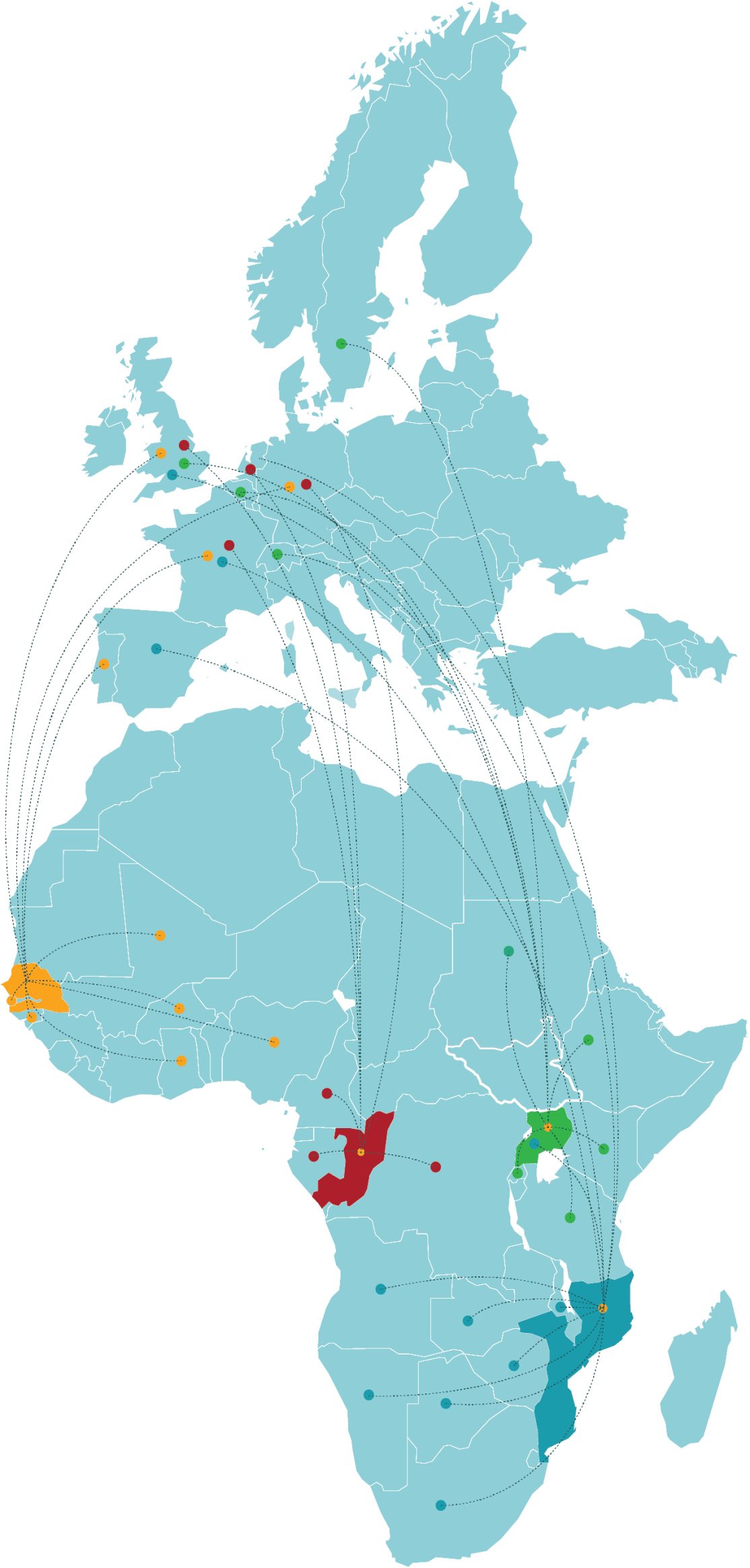
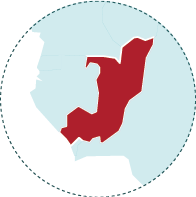
CANTAM2
Central Africa Clinical Research Network
Congo
www.cantam.org

EACCR II
Eastern Africa Consortium for Clinical Research II
Uganda
www.eaccr.org
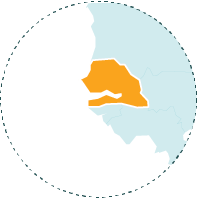
WANETAM II
West African Network for TB, AIDS and Malaria
Senegal
www.wanetam.org

TESA II
Trials of Excellence in Southern Africa II
Mozambique
www.tesanoe.org
In November 2019, EDCTP coordinated a workshop hosted by Africa CDC that brought together more than 100 scientists. The workshop aimed to identify the major causes of geographical disparities and provide recommendations to EDCTP on how to improve gender and geographical balance among African scientists and institutions. EDCTP has already embarked on the implementation of some of these recommendations.
While considerable progress has been made to bridge the geographical gap in research capacity by EDCTP and other international partners, the future of clinical research in the sub-Saharan Africa region will depend on a continuous stream of young, motivated, and talented scientists, improved site facilities and commitment from member states to own, sustain and lead the developed research capacity.
Leaving this unaddressed will continue to affect the ease of conducting clinical research in these countries as well as weaken their health systems. Many of these countries confront the highest burdens of poverty-related infectious diseases or risks of outbreaks of epidemic potential. For example, Angola has a very high burden of infant mortality, while the Democratic Republic of Congo has to manage its high risk of Ebola outbreaks. The ongoing COVID-19 pandemic has further exposed the severe shortages in the African region regarding the health research workforce, infrastructure and capacity for conducting research, as well as the capacity to develop drugs, vaccines, diagnostic tests and laboratory supplies.
Within the scope and budget of its programme, EDCTP has taken several approaches to improve the regional balance. Since the inception of EDCTP, funding of all large clinical trials already required the cross-collaboration of European and African partners. The four EDCTP-funded Regional Networks of Excellence were designed to facilitate regional collaboration. They bring together many institutions in diverse stages of development. Each contributes to the network as a whole the available competencies, infrastructures and opportunities for conducting clinical trials. The areas concerned are, for example, Good Clinical Practice, Good Clinical Laboratory Practice, data management, laboratory techniques or epidemiology.
More recent and targeted approaches include the funding of two large multi-disciplinary consortia focused on epidemic preparedness ALERRT and PANDORA-ID-NET, as well as the introduction of the Emergency Funding Mechanism, which allowed for rapid mobilisation of research funding for emergencies such as the Ebola outbreak in 2018 and the ongoing COVID-19 pandemic in 2020.
There was also the introduction of the Senior Fellowship Plus scheme in 2019, which envisages tandems of a senior fellow and an early career fellow from a less established institution in sub-Saharan Africa. Targeting individual researchers are the grant writing workshops for French and Portuguese speaking applicants and the establishment of the EDCTP Alumni Network that aims to connect the next generation of researchers through various activities. Most recently in November 2020, EDCTP launched the web-based EDCTP Knowledge Hub which includes the Protocol Development Toolkit, the Data Management Portal, and the Data Sharing Toolkit, all designed to cover the essential steps of a clinical health research study and support researchers through this process in order to accelerate progress in health research.

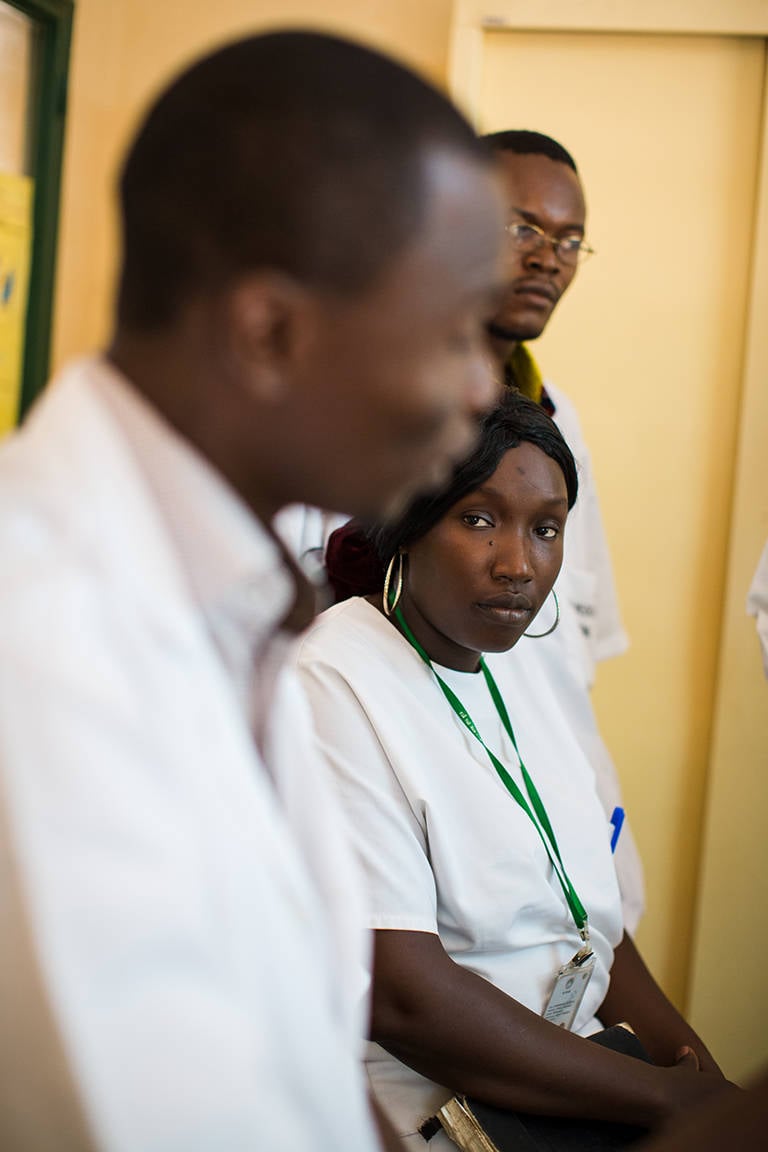
scroll down